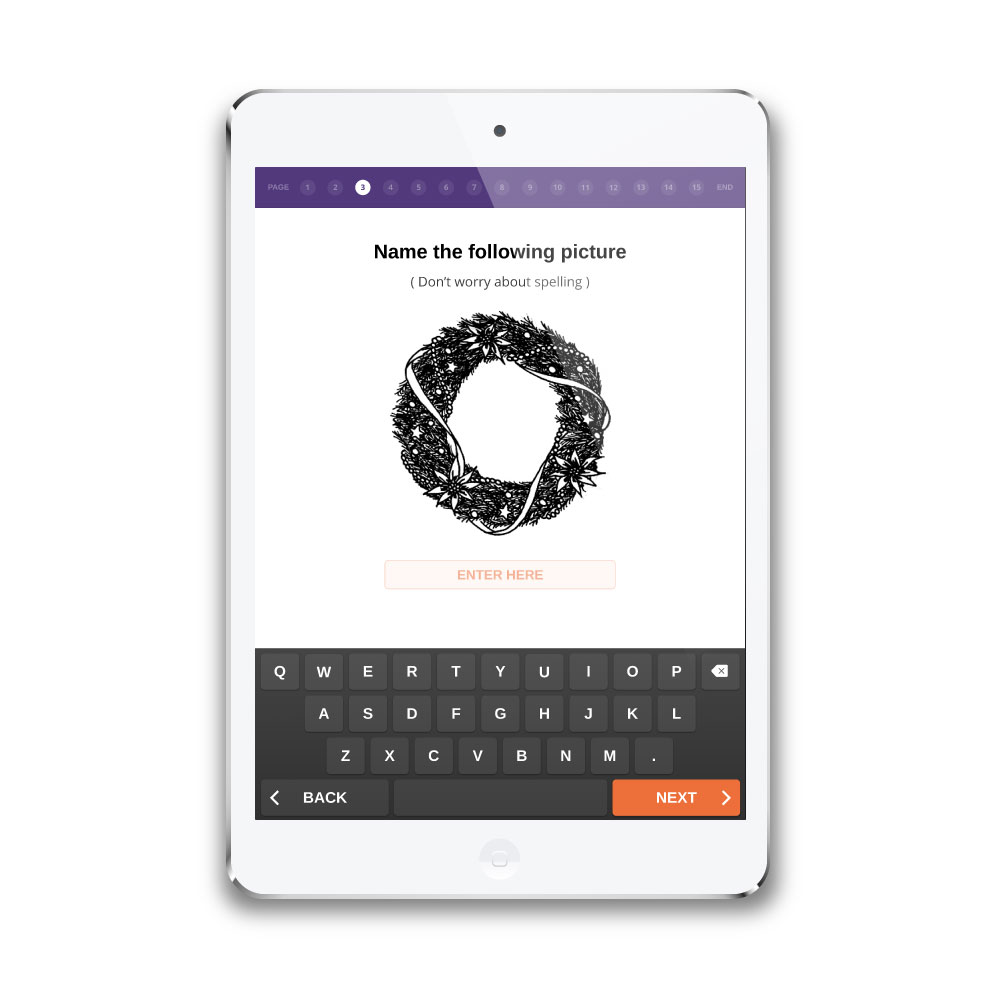Help Your Loved One with Dementia Enjoy the Holiday Season
With Christmas fast approaching, we need to be mindful of dementia patients — as well as their caregivers.
The holiday season can be stressful. This is why it is imperative that we consider the special needs of dementia patients and their carers, ensuring a healthy, happy and safe Christmas for everyone.
Bring Your Family Together This Holiday Season
While focusing on a disease such as Alzheimer’s, no two cases will be identical. This means that your family may be having a unique experience in comparison to other families. Whether your loved one was diagnosed this year or five years ago, this condition can make the holidays feel bittersweet.
Here are some top tips that can help everyone have a more enjoyable, less stressful holiday season:
- Break traditions — For some, it is tradition to go to the same house each and every year. Perhaps you typically go to your parents house for Christmas dinner? If your father’s condition has worsened, for example, it will be time to make new traditions. Instead of having everyone at your parents, you could have a lunch with yourself and a couple other immediate family members. This quieter, more intimate celebration will help keep anxiety levels low.
- Plan ahead — If you are planning to go to someone else’s house during the holidays, arrive during your loved one’s ‘best time’ of the day. Bring some soothing music, so that they can have an afternoon rest. Also, plan activities that include your loved one based on their changing abilities.
- Ask for help — If you are the primary caregiver, it may be time to ask for help. If you are tired and agitated, this is not ideal for anyone. Friends and family can offer to give you respite, so that you can enjoy some time to yourself. Do not feel guilty about enjoying a few precious with your grandchildren.
Perhaps the most important thing to remember, is to treasure these moments. Encourage grandchildren to have 1:1 time with your loved one; take plenty of photographs; and help them relax.
Please refer to these 10 Holiday Survival Tips, outline by the Alzheimer’s Association for more ideas and assistance.
Early Warning Signs of Alzheimer’s That May Become Apparent During the Holidays
For those who have not yet been diagnosed with a dementia-related condition, but feel as though something has been ‘off’ — these four early signs could provide clues.
It is well understood that early intervention can improve early symptoms of dementia and more specifically, improve Alzheimer’s treatment. Since there will be early warning signs, it is important to be mindful of any noticeable changes in mood, anxiety levels, memory or even motor skills.
The Christmas season brings family members together, so this can be an ideal time to spot changes. In some cases, it is the only time of year that individuals see certain loved ones. Based on this gap period, these individuals will likely notice small changes that they may have otherwise missed if they saw them on a regular basis.
These changes may include, but are not limited to:
- Changes in mood — For patients with vascular dementia, it is not uncommon to experience mood changes, including an increase in apathy, anxiety and depression. This is actually linked to memory loss, as these individuals will not be able to properly process their emotions. Instead of identifying the origin of their poor mood, they can experience feelings of nagging sadness or worry without any idea of why.
- Heightened anxiety in new settings — Routines and a sense of familiarity are important for dementia patients. Since we often travel for the holidays, this can become uncomfortable for those experiencing early warning signs of dementia. If a family member becomes agitated because their routine has been disrupted, this may be a cause for concern.
- Decline in memory — Everyone has moments where they forget. This is particularly the case among the aging population. However, there will be subtle differences between memory decline and forgetfulness. Clues will often be noticed while having a conversation — especially if your loved one continues to revert back to a specific time or becomes confused midthought.
- Changes in movement — Dementia can also cause changes in physical movements. This sign will often be reflective of dementia with Lewy bodies, Huntington’s, or Parkinson’s Disease.
If you do notice something abnormal, do not approach them at Christmas. Instead, be observant and remain mindful of any warning signs. Do not make them feel isolated, as this can cause further confusion and worry. Discuss your concerns with another loved one and together, continue to offer support and guidance moving forward.
Try the BrainTest App to Determine Potential Early Warning Signs

You can now download the BrainTest app and take the test for free. Scientifically validated, this test will help detect changes in cognition, so that you can discuss your results with a physician.
This holiday season, put your mind at ease. With BrainTest, you can take proactive action. When you address your neural health today, you can potentially improve tomorrow’s outcome.


